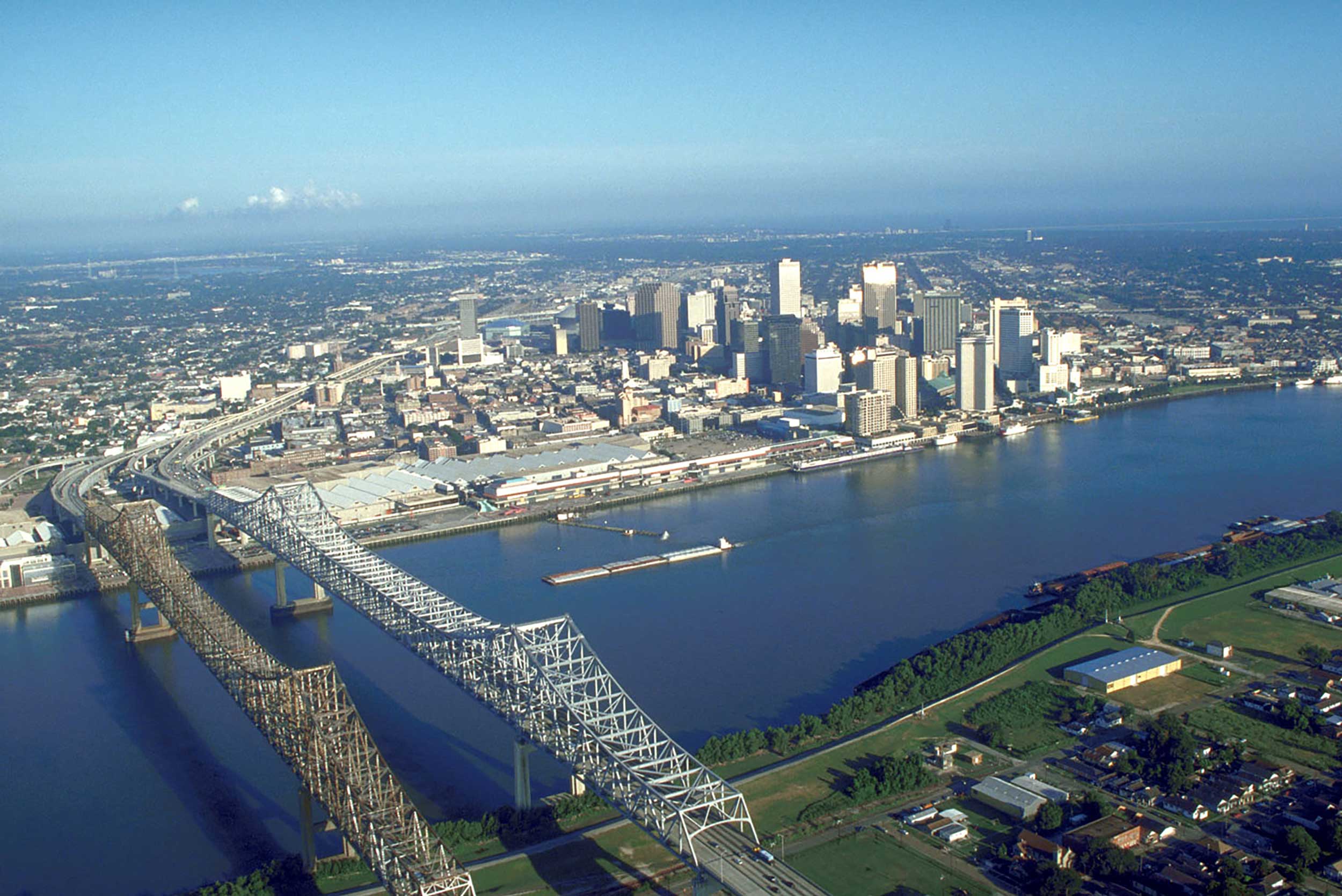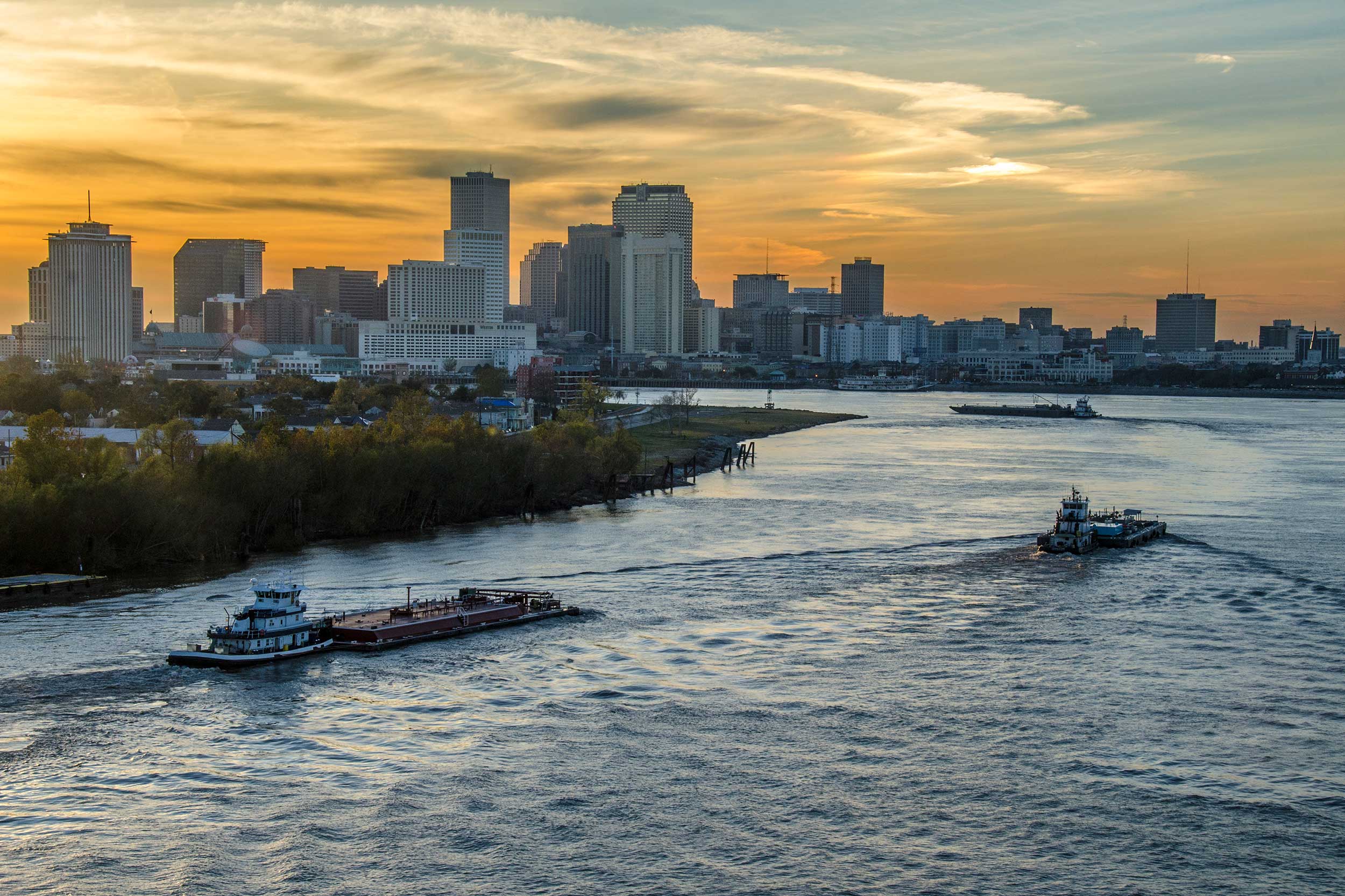
If it rains where you live, you need flood insurance
Many homeowners across the Carolinas are confronting financial disaster this morning thanks to the drenching rains of Hurricane Florence and the failure to learn the lessons of just about every major storm to make landfall since Hurricane Katrina.
Various estimates suggest only about one in 10 homes in the Carolina counties hit hardest by Florence have flood insurance and the numbers drop to 3 percent and lower moving inland, where the remnants of the storm have flooded hundreds of homes and left swollen rivers to threaten hundreds more.
New Orleans area residents were widely chastised after Katrina for not having flood insurance, although many were in zones that did not require it, some had paid off their mortgages and dropped the coverage and almost all were victims of a failed levee system that drowned the city long after the storm’s rains and winds had passed.
And it turns out that New Orleanians are not uniquely lax when it comes to insuring their properties against flood damage. Government and private insurance officials report that many people in the region didn’t have coverage because their property was not in a high-risk zone, they believed their regular homeowner’s policy covered flooding or that their coverage had inadvertently lapsed over the years. Some homeowners interviewed weren’t sure if they had flood insurance or not.
This sounds familiar because it was true after Katrina in 2005 and after Harvey swamped Houston last year. Private insurers long ago abandoned flood coverage, leaving it to the National Flood Insurance Program. The federal government requires flood insurance in “special flood hazard areas,” but leaves enforcement up to banks to mandate coverage as a condition of getting a home mortgage.
Some drop the coverage as too expensive, taking the risk that their home will never flood or that the federal government will bail them out if it does.
Grants from the Federal Emergency Management Agency, however, cover only up to $33,000 in damages with the typical payout being much less. Flood insurance, in contrast, covers up to $250,000 for the home and another $100,000 for possessions.
And it doesn’t take much water in the house to wreck your life.
“Just one inch of floodwater in a home can cause $25,000 worth of damage,” David Maurstad, FEMA’s deputy associate administrator for insurance and mitigation, said on CNBC on Monday (Sept. 17). “People think their homeowner policy may cover them from flooding, and it doesn’t.”
The lack of flood insurance can be devastating, not just for an individual faced with rebuilding a home from scratch but for entire communities, cities and regions. It slows the rebuilding and recovery effort for all. As we saw all too clearly after Katrina, homeowners with the resources to rebuild are reluctant to return to neighborhoods that are likely to remain blighted for months if not years. And how quickly can businesses return if the there is no one around to buy stuff?
And it’s not as if the National Flood Insurance Program is in great shape either. It began the year roughly $25 billion in debt after last year’s payments for Harvey and Irma.
Congress keeps putting off approving major changes to the program in a battle between those who want to substantially raise the rates on homeowners closer to the coastlines and those who want broader changes to keep it affordable. It also would eliminate a lot of confusion about your coverage.
The Coalition for Sustainable Flood Insurance, which is led by GNO Inc., and has 300 members from 35 states, has offered many sensible solutions to the problem over the years.
One of those proposals is to automatically include flood insurance on every homeowner’s policy unless the owner specifically chooses to opt out. Such a change would vastly expand the insurance pool to cover risk without adding a great cost for homeowners. And it is not forcing folks in Nebraska or Arizona or Wisconsin to subsidize those living along the coast. It just makes sense. But if you are absolutely convinced your property will never flood, you can just say no.
But if we have learned anything over the past few years, it should be that just about everyone in the United States faces some flood risk. If it rains where you live, it could flood there.
To read the full article click here.


